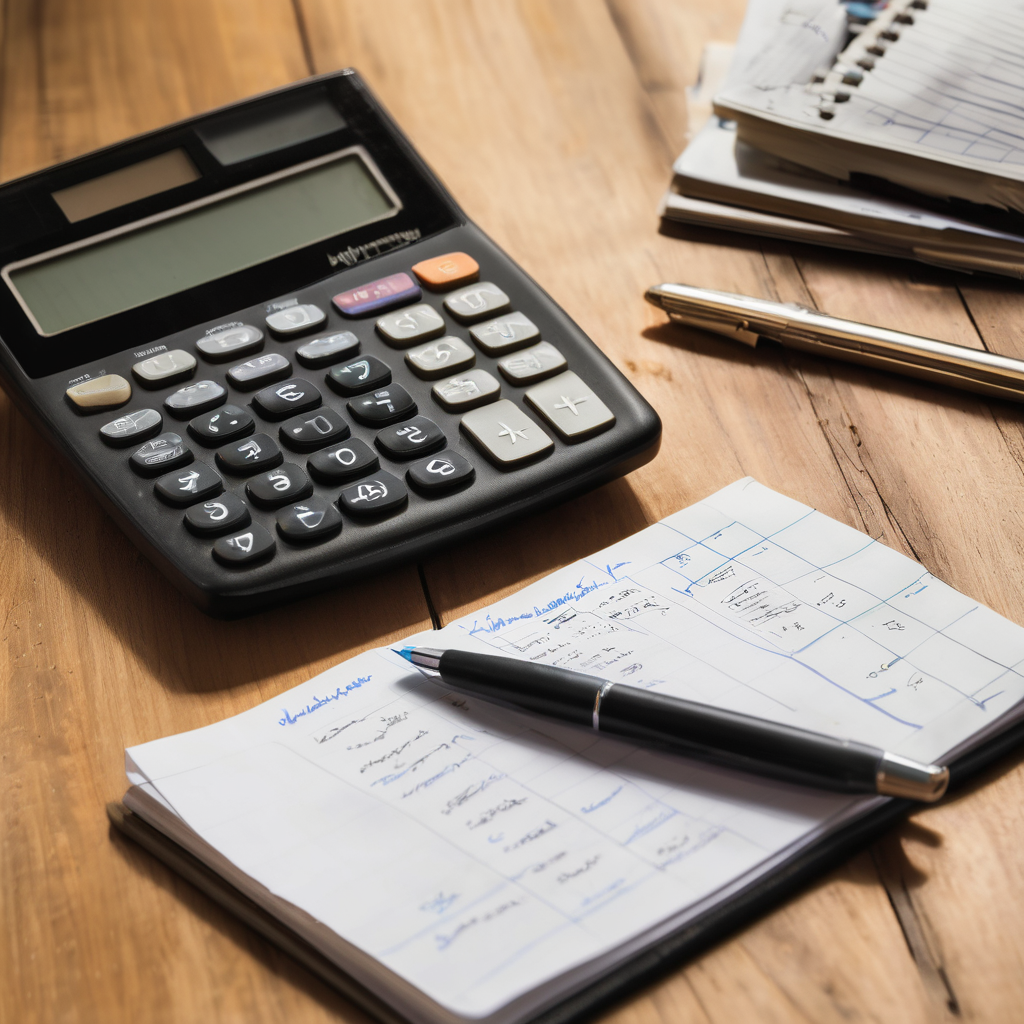President Donald Trump reignited discussions around potential stimulus payments on November 9, when he made a social media post mentioning a $2,000 dividend sourced from tariffs that could be distributed to some Americans. With the holiday season approaching and many families facing financial strain due to rising prices, the topic of stimulus checks has garnered significant interest.
As various individuals seek additional financial support—some rummaging through their couches for spare change or taking on part-time work—others are cautiously optimistic about the prospect of receiving support from the federal government. However, it’s important to note that many claims circulating on social media regarding direct payments, like amounts of $1,702 or $400, remain unverified. No confirmation has come from the Internal Revenue Service (IRS) or Congressional officials, which marks a necessary step for any stimulus checks to be issued. Thus, Americans are advised to approach any information about potential payments carefully, as it could lead to misinformation or fraud attempts.
Looking ahead to 2025, the chances of a stimulus check, tariff refund, or IRS direct deposit being distributed appear slim. While some lawmakers have floated proposals for stimulus payments, these have not progressed due to Congress’s current preoccupation with government funding legislation. Consequently, no updates or movements on those proposals have been reported.
In earlier discussions, the concept of a DOGE dividend surfaced, intended to be financed from budget cuts to other sectors. Despite some politicians, including Trump, discussing the possibility, the idea did not gain approval in Congress, remaining dormant for months.
Similarly, there was consideration of utilizing funds generated from tariffs as rebate checks for taxpayers. Missouri Republican Senator Josh Hawley proposed the American Worker Rebate Act of 2025, which sought to provide at least $600 per adult and dependent child, or $2,400 for a family of four. However, this bill has also seen no recent developments since being referred to a Senate committee.
On the other hand, Representative Ro Khanna put forth his suggestion for a $2,000 stimulus check aimed at families earning under $100,000 annually, asserting that the rising costs due to unfair tariffs warranted this response. Khanna’s proposal emphasizes distributing a portion of the estimated $300 billion tariff revenue back to American families. Yet, similar to other proposals, there has been no movement in Congress to actualize this plan.
Some states have stepped in to offer “inflation relief checks.” For instance, New York has begun distributing one-time payments to alleviate the impacts of inflation on residents who have faced higher sales taxes. Individuals earning up to $75,000 can receive $200, while married couples filing jointly with incomes up to $150,000 can receive $400. Pennsylvania, Georgia, and Colorado have adopted similar policies, providing inflation refunds or rebates based on property tax payments or other criteria.
Overall, while discussions surrounding potential stimulus payments continue, the immediate prospects appear uncertain. Citizens are encouraged to stay informed and vigilant regarding the authenticity of information related to financial relief.
